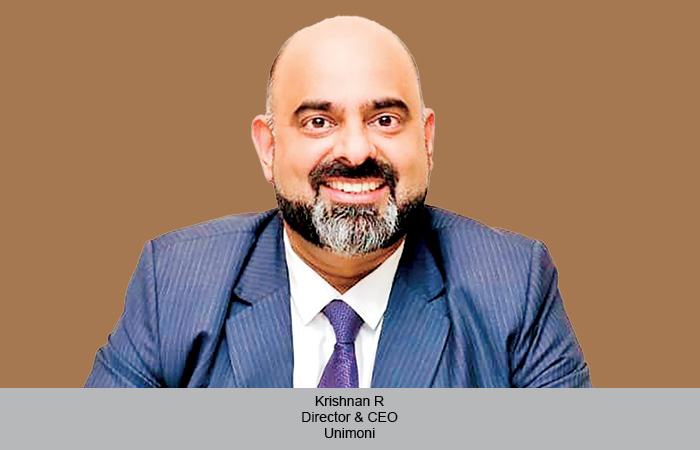IATA is promoting a layered approach of measures to reduce the risk of countries importing COVID-19 via air travel and to mitigate the possibility of transmission in cases where people may travel while unknowingly being infected.
IATA has urged governments to avoid quarantine measures when re-opening their economies. “Imposing quarantine measures on arriving travellers keeps countries in isolation and the travel sector in lockdown. We are proposing a framework to keep sick people from travelling and to mitigate the risk of transmission should a traveller discover they were infected after arrival,” says Alexandre de Juniac, IATA’s Director General and CEO.
Reducing the risk of imported cases via travellers
- Discouraging symptomatic passengers from traveling: It is important that passengers do not travel when ill. To encourage passengers to do the right thing and stay home if they are unwell or potentially exposed, airlines are offering travellers flexibility in adjusting their bookings.
- Public health risk mitigation measures: IATA supports health screening by governments in the form of health declarations. To avoid privacy issues and cut the risk of infection with paper documents, standardised contactless electronic declarations via government web portals or government mobile applications are recommended.
Health screening using measures such as non-intrusive temperature checks can also play an important role. Although temperature checks are not the most effective screening method for COVID-19 symptoms, they can act as a deterrent to travelling while unwell. Temperature checks can also shore-up passenger confidence: in a recent IATA survey of travellers, 80% indicated that temperature checks make them feel safer when travelling.
COVID-19 testing for travellers from countries perceived to be higher-risk: When accepting travellers from countries where the rate of new infections is significantly higher, the arrival authority could consider COVID-19 testing. It is recommended that tests are undertaken prior to arrival at the departure airport (so as not to add to airport congestion and avoid the potential for contagion in the travel process) with documentation to prove a negative result. Tests would need to be widely available and highly accurate, with results delivered quickly. Test data would need to be independently validated so as to be mutually recognised by governments and securely transmitted to the relevant authorities. Testing should be for active virus rather than for antibodies or antigens.
Mitigating risk if an infected person does travel
- Reducing the risk of transmission during the air travel journey: IATA encourages the universal implementation of the ‘Take-Off’ guidelines published by the International Civil Aviation Organization (ICAO). Take-Off is a temporary risk-based and multi-layered approach to mitigate the risks of transmitting COVID-19 during air travel. The comprehensive Take-Off guidelines are closely aligned with the recommendations of the European Union Aviation Safety Agency (EASA) and the US Federal Aviation Administration (FAA). These include mask wearing throughout the travel process, sanitisation, health declarations and social distancing where possible.
- Contact tracing: This is the back-up measure, should someone be detected as infected after arrival. Rapid identification and isolation of contacts contains the risk without large-scale economic or social disruption. New mobile technology has the potential to automate part of the contact-tracing process, provided privacy concerns can be addressed.
- Reducing risk of transmission at destination: Governments are taking measures to limit the spread of the virus in their territory that will also mitigate the risk from travellers. In addition, the World Travel & Tourism Council (WTTC) Safe Travel protocols provide a pragmatic approach for the hospitality sector to enable safe tourism and restore traveller confidence. Areas covered include hospitality, attractions, retail, tour operators and meeting planners.
Quarantine discourages, insurance encourages
Quarantine is very discouraging for air travel. It is useless to implement quarantine if you systematically implement the measures given by International Civil Aviation Organization (ICAO). So we are advocating serious and strong procedures to avoid quarantine. We are also working with insurance companies to put together insurance policies that are can be available for passengers to help them in case of infections.
 TravTalk India Online Magazine
TravTalk India Online Magazine





